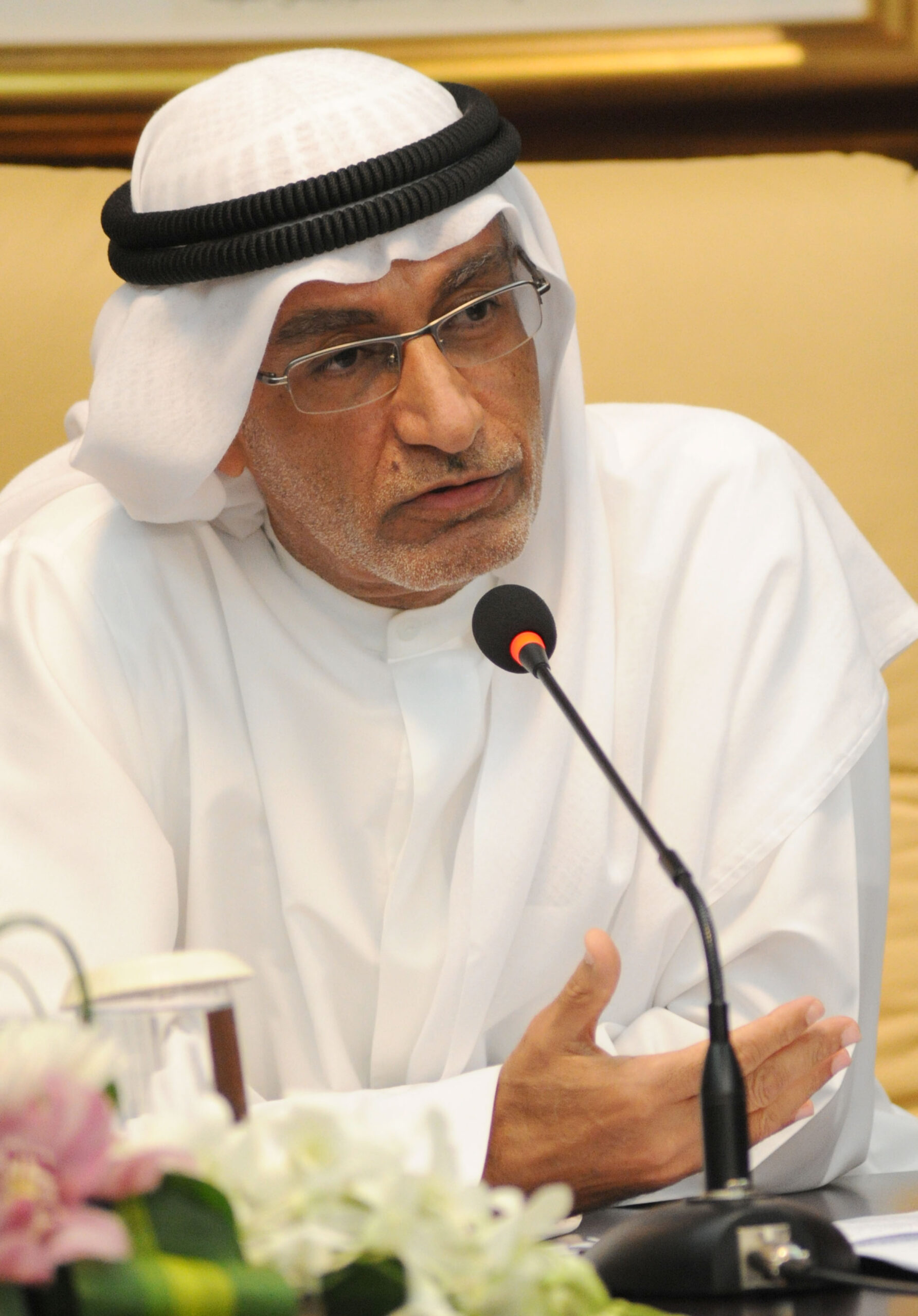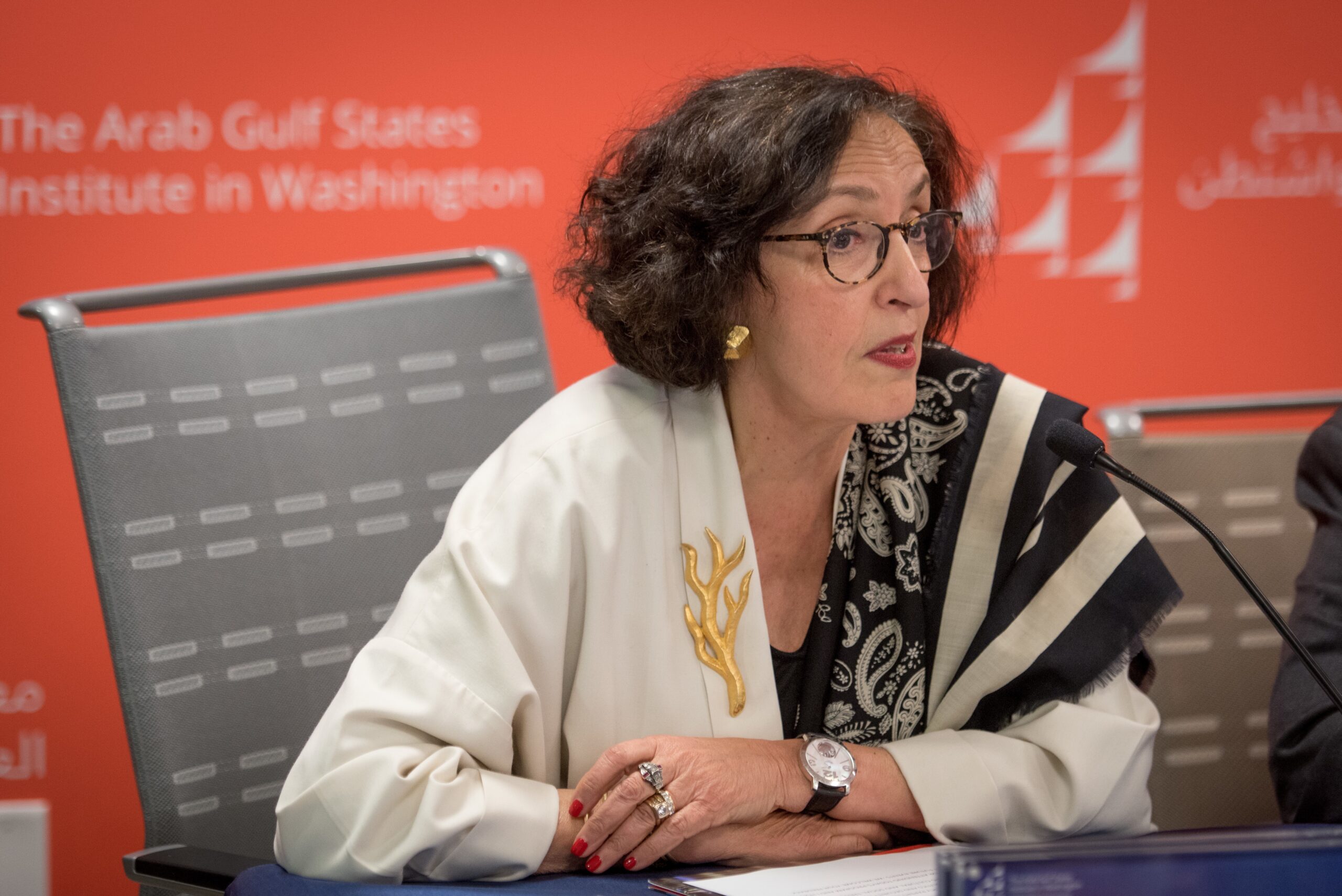Past Event
Gulf-Palestinian Relations After the Abraham Accords
Date
Nov 5, 2020
About the event
On September 15, the United Arab Emirates and Bahrain signed the Abraham Accords, committing to a process of full normalization with Israel. The move comes as a major blow to the Palestine Liberation Organization and the Palestinian national movement more broadly. The movement has tied its strategy for years to the Arab Peace Initiative, which committed Arab states to diplomatic openings with Israel based on a two-state solution and an end to the occupation begun in 1967. Of the remaining Gulf states, only Kuwait appears to be categorically ruling out normalization with Israel for the foreseeable future.
Do these developments fundamentally alter Palestinian strategic calculations or simply expose existing weaknesses? Could Palestinians use this opening to their benefit or is it a total loss for the PLO? Will the UAE and Bahrain be able or inclined to use their new relations with Israel on behalf of Palestinian interests? How does this affect domestic Palestinian political competition and Qatar’s role as Hamas’ chief ally and financial sponsor? Is there a new opening on Palestinian issues for regional powers, such as Iran or Turkey, or does this mainly strengthen coalitions opposing their agendas? Finally, will Palestinians and Gulf countries normalizing relations with Israel be able to reconcile their differences, or is this an irreparable breach? And if the latter, what are the implications for Palestinian policy and regional calculations?
The views represented herein are the author's or speaker's own and do not necessarily reflect the views of AGSI, its staff, or its board of directors.
Speakers

Shibley Telhami
Anwar Sadat Professor for Peace and Development, Distinguished Scholar-Teacher, and Director of the Critical Issues Poll, University of Maryland


